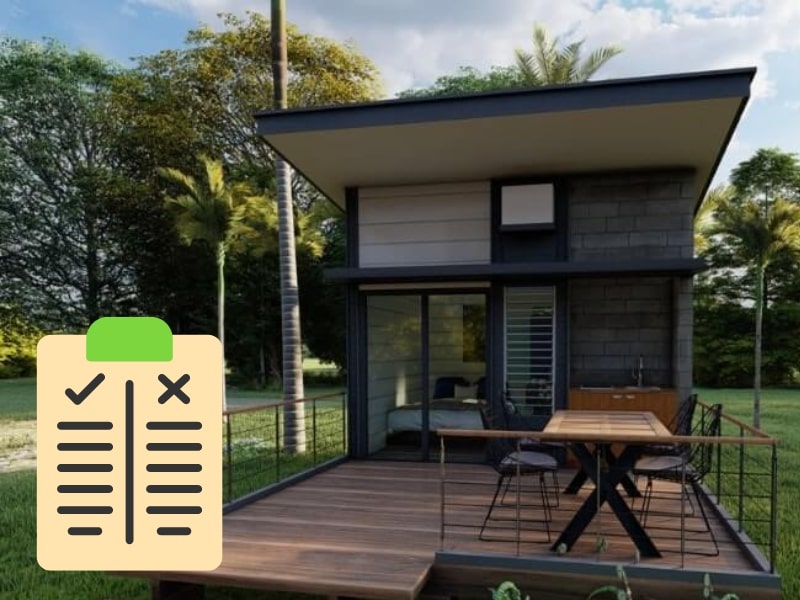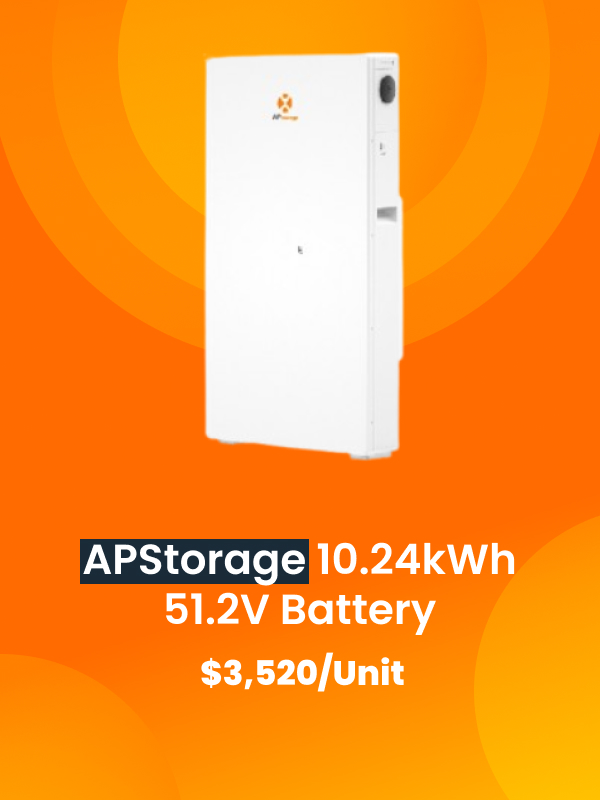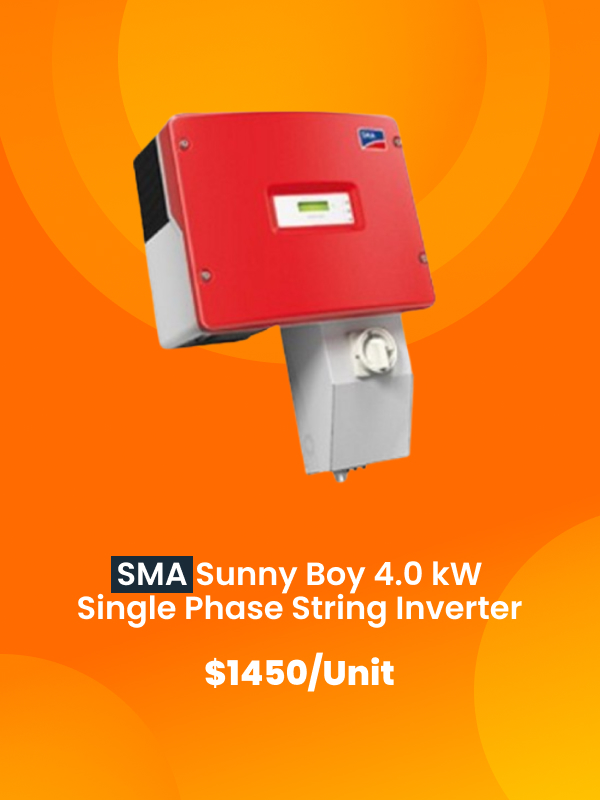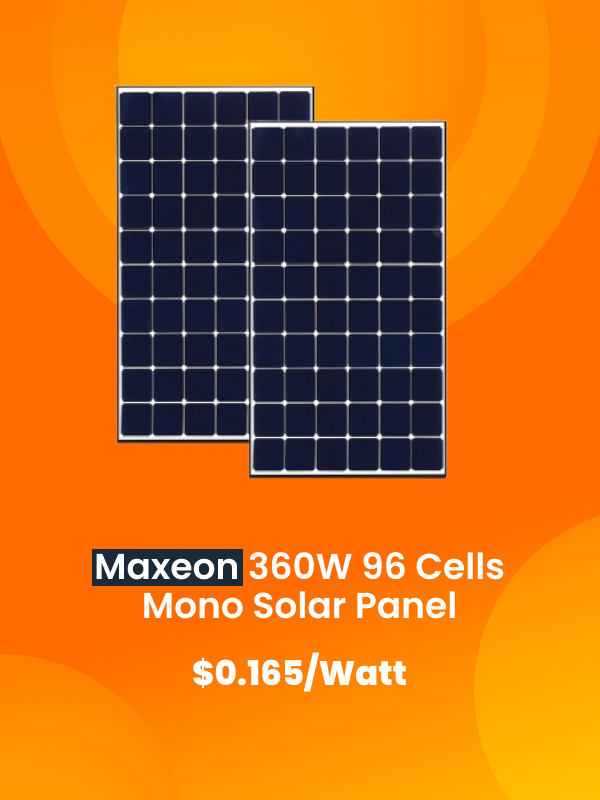Solar Panels for Tiny Houses
The market for tiny houses has never been hotter.
A recent HomeAdvisor study showed that searches for tiny houses have increased 680% over the past decade, and over 80% of people polled said they’d consider living in one.
If you’re among that 80%, the chances are that you’re interested in living a simpler, more eco-friendly life and might even be interested in going off-grid. Does that sound like you? Or do you already own one?
If so, then this blog is for you. We will discuss the pros and cons of installing solar panels on tiny houses and whether they can help you live that simpler, eco-friendly life you may pine for.\
The cost of solar panels has decreased significantly in recent years
The cost of solar panels has decreased significantly in recent years, becoming more and more accessible to the mainstream public. During the same decade that tiny home searches increased by 680%, solar costs have decreased by almost 90%.
What was once a pricey endeavor is now within reach of many homeowners. If you haven’t considered solar in the last ten years, now is an excellent time to price again.
After applying the 30% Inflation Reduction Act credit and state rebates and incentives, your upfront costs could be lower than expected.
Pro: Solar panels can increase the value of your tiny house
Investing in solar panels for your tiny home is a great way to increase its value and make it more attractive to potential buyers. Solar power provides clean, renewable energy, which can help homeowners save on their electricity bills. Should you eventually decide to move, you will have invested in a cost-saving feature that adds to the appeal for prospective buyers who share your eco-friendly approach.
Pro: You can reduce your carbon footprint and protect the environment
Are you an eco-friendly consumer who is concerned about reducing your carbon footprint?
Because solar panels rely on sunlight to produce energy, they are a clean, renewable, and sustainable energy source.
Clean
As panels convert sunlight into electricity, they do not produce any harmful byproducts. While some of the sunlight that hits the panels goes unused, the rest is converted into energy used inside your home. Compare this to fossil fuels, which produce greenhouse gases like carbon dioxide, which trap heat in the Earth’s atmosphere keeping it warmer than it would be without them.
Renewable
Sunlight constantly replenishes itself, making it a renewable energy source.
Sustainable
Solar is sustainable because it is theoretically inexhaustible. So long as we stay in the sun’s orbit, we don’t need to create new sunlight and have a constant supply of it.
Pro: Solar panels help save on energy costs
Once upfront costs are taken care of, solar customers can expect stable and predictable energy bills. Crystalline panels can provide reliable energy for anywhere from 20 to 40 years.
You can expect a significant decrease in monthly bills with solar panels, and many installers provide applications that allow you to track your efficiency.
If you’re not an off-the-grid type, there are ways to make money off of your panels as well.
Net metering and producing SRECs are two ways to offset your upfront costs by getting paid to supply excess energy back to the grid. Research your state to find out their policies on these instruments.
Pro: Solar panels require very little maintenance compared to other energy sources
Panels require minimal physical intervention, meaning maintenance costs are low to negligible. If panels are installed at an angle, debris will usually loosen itself. If not, we recommend sweeping snow/ice and leaves off twice a year is recommended. If you have an app that tracks efficiency and notice reduced performance, check to see if your panels are blocked and clean them off.
Solar panels rarely malfunction or break down, making them one of the most dependable energy sources available today.
Pro: Solar panels can be part of an off-the-grid lifestyle
Many tiny home dwellers are pursuing an off-the-grid lifestyle. They often seek peace and privacy that they cannot achieve in areas traditionally connected to utilities.
Solar panels offer the self-sufficiency they seek so that they can avoid relying on traditional on-grid electricity sources. Solar panels can power appliances and devices without homeowners having to worry about electricity bills or disruptions in service. Adding a solar battery to the system can add additional peace of mind if the home is in a shady area or is subject to inclement weather.
If you’re a DIYer, kits are available.
Cons: There are downsides to solar panels for tiny house owners
It’s not all sunshine and roses for tiny house owners, especially those who are going off-grid.
Upfront cost
You’ll want to consider the upfront cost, as solar panels can be a considerable investment. If your reason for going tiny is budget, the price of a solar system may be tough to justify. Many solar owners purchase their systems knowing they will use net metering or purchase SRECs to make money from the excess power they deliver back to the grid. If you are going off-grid, you will not benefit from these programs.
Weather
Many tiny house owners are on other properties or in remote areas. While panels can produce energy using indirect sunlight or on overcast days, they function best when they have consistent direct sunlight. If your panels are obstructed, or you consistently experience overcast days, your panels won’t work as efficiently as areas with consistent sunlight.
Let’s talk!
Solar panels are becoming an increasingly popular option for tiny house owners. They offer a way to reduce your carbon footprint and protect the environment while helping homeowners save on energy costs.
There are some downsides to solar panels that should be considered before making a purchase decision. Our sales team would be happy to discuss these with you and help you decide if solar panels are the right fit for your tiny house.
Contact our sales team to find out more.




